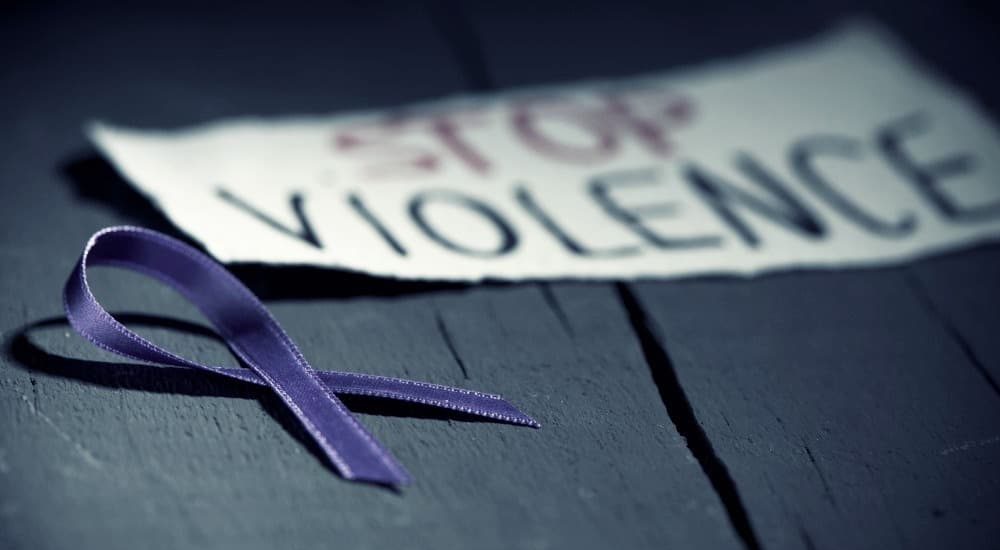Gender-based violence is a complex issue that encompasses various forms of violence, including domestic violence, intimate partner violence, sexual assault, harassment, human trafficking aswell as the discrimination LGBTIQ people. The prevalence and reporting of gender-based violence can vary across countries, making it challenging to find comparable statistics for all European countries.
The websites of these organizations, contain up-to-date reports, publications, and statistics on gender-based violence in Europe, that can help to explore gender-based violence against women:
- European Institute for Gender Equality (EIGE): The European Institute for Gender Equality provides valuable information on gender-based violence in Europe. You can visit their website at: https://eige.europa.eu/
- European Union Agency for Fundamental Rights (FRA): The FRA conducts surveys and research on various human rights issues, including violence against women. Their publications include reports on violence against women in different European countries. You can access their website at: https://fra.europa.eu/en
- United Nations Office on Drugs and Crime (UNODC): The UNODC provides information on various forms of violence, including gender-based violence and human trafficking. Their website contains reports and publications related to Europe. You can find more information at: https://www.unodc.org/unodc/en/index.html
- Council of Europe: The Council of Europe works to promote and protect human rights in Europe. They have initiatives and publications focusing on combating violence against women. You can find more information at: https://www.coe.int/en/web/portal/home
And the following statistics show that gender-based violence against LGBTIQ people is also a significant problem in Europe. Discrimination and fear of violence can have a profound impact on the daily lives of queer people.
- A 2020 report by the European Union Agency for Fundamental Rights (FRA) found that 43% of LGBTI respondents had experienced some form of psychological violence in the previous year, and 25% had experienced physical or sexual violence. The report also found that transgender respondents were more likely to experience violence compared to cisgender respondents. (FRA report (2020): „LGBTI Survey – Results at a glance“ – https://fra.europa.eu/en/publication/2020/lgbti-survey-results-glance)
- A 2019 study by the European Parliament found that violence against LGBTI people is underreported and that existing data only represents the tip of the iceberg. The study notes that „one in five LGBTI people has experienced a hate-motivated incident or crime in the past 12 months.“ (European Parliament study (2019): „Violence against LGBTI people“ – https://www.europarl.europa.eu/RegData/etudes/STUD/2019/634409/IPOL_STU(2019)634409_EN.pdf)
- A 2018 report by ILGA-Europe found that 70% of LGBTI people in Europe had experienced some form of discrimination in the previous year. The report also notes that discrimination against LGBTI people intersects with other forms of discrimination, including racism and sexism. (ILGA-Europe report (2018): „Annual Review of the Human Rights Situation of LGBTI People in Europe and Central Asia“ – https://www.ilga-europe.org/sites/default/files/Attachments/annual_review_2018.pdf)
- A 2017 study by the European Union Agency for Fundamental Rights (FRA) found that 64% of LGBTI respondents had avoided holding hands in public with a same-sex partner out of fear of being assaulted or threatened. The study also found that 37% of transgender respondents had avoided certain locations or situations due to fear of being assaulted or threatened. (FRA report (2017): „EU LGBTI survey results – At a glance“ – https://fra.europa.eu/en/publication/2017/eu-lgbti-survey-results-glance)
How to advance the equality of LGBTI people
Building on the survey findings, FRA (European Union Agency for Fundamental Rights) recommends to:
Build a culture of zero tolerance towards violence and harassment of the LGBTI community
- Inform and sensitise police officers about hate crime against LGBTI people, so they recognise it, record it and properly investigate it.
- Civil society can help train police to be more supportive when victims report such crimes. All this will encourage more victims to reach out to them.
- Make it easier to report hate crime, let people report online or through another person.
Ensure that nobody needs to hide their sexual orientation or gender identity
- Help local authorities promote respect for LGBTI rights in places like schools, offices, and in public spaces, by giving them guidance through action plans and strategies. Encourage them to work with civil society and community partners.
- Focus especially on trans and intersex people, as well as young LGBTI people – they often suffer the most.
- At workplaces, these efforts will be more effective if you join forces with various groups, such as trade unions and employers’ organisations.
Create a safe and supportive environment at school
- Create safe and supportive environment for young LGBTI people at school.
- Work with teachers and school administrators to stop bullying, including ensuring educational materials at all levels don’t equate being LGBTI with having a disease.
Tackle discrimination in all areas of life
- Make clear that discriminating against someone because they are LGBTI is prohibited, not just at work, but everywhere: adopt the Equal Treatment Directive.
- Equality bodies are important allies. Make sure they have the resources and authority they need to better inform everyone about LGBTI people’s rights and the support available to those who suffer discrimination or abuse.
Confront multiple and intersectional discrimination
- Some people face discrimination because they are LGBTI and because they are female, an ethnic minority, have a disability or have certain other characteristics.
- Legal measures need to acknowledge and address this reality.
Require full informed consent of intersex people for medical interventions
- Intersex people, and parents of intersex children, sometimes agree to medical treatments without being fully informed about what this means.
- Work with healthcare professionals to stop this and ensure that full information is provided prior any medical treatment. This includes better informing professionals about the rights of intersex people.
(Source: https://fra.europa.eu/en/publication/2020/eu-lgbti-survey-results#publication-tab-1)




